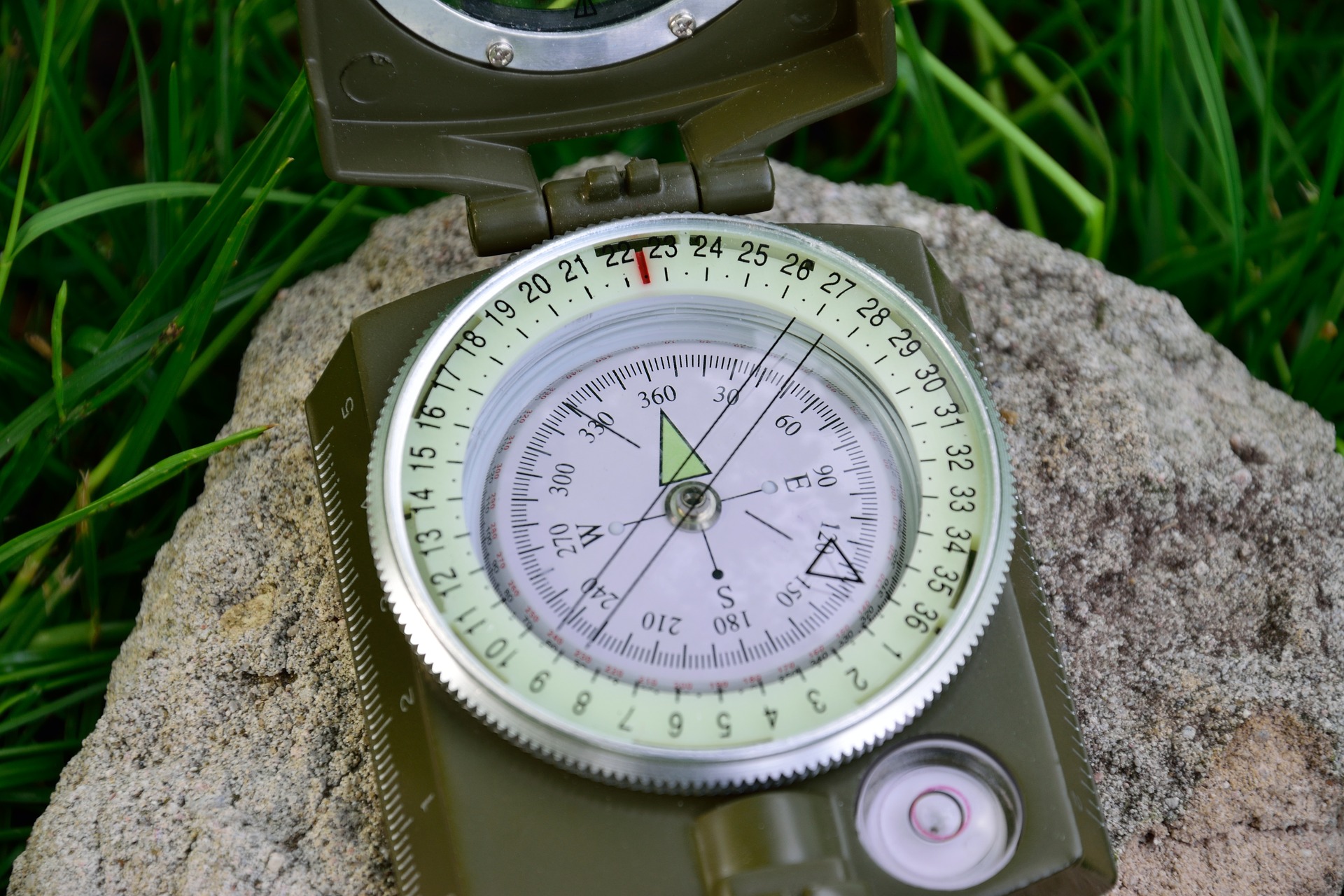Nowadays, with more and more people living in cities, survival skills can seem a bit archaic. However, knowing how to survive in the wild can be extremely valuable, especially in emergencies, natural disasters or failures of urban systems. In this article, we present 10 essential survival skills that everyone should know, as well as tips for developing them.
1. First aid basics
In an emergency, first aid skills can save lives. Everyone should know basic techniques such as dressing wounds, cardiopulmonary resuscitation (CPR), and stabilizing fractures. There are many first aid courses, both online and face-to-face, that offer training in this area. In addition, it is worth getting a handy first aid kit and familiarizing yourself with its contents.
2. Navigation
The ability to read a map and use a compass are essential skills that can help you avoid getting lost in the field. Also consider learning to recognize directions using the sun and stars. Some areas offer orientation courses that offer hands-on experience of navigating with a map and compass.
3. Building a shelter
Protection from the elements such as rain, wind and sun is essential for survival. Learn to build different types of shelters, such as tents made of branches, huts and igloos made of snow. You can gain experience in building a shelter while hiking, camping or participating in survival workshops.
4. Water harvesting
Water is essential to life, so it’s important to know how to obtain and purify it. Learn to find water sources, collect rainwater and purify water using different methods, such as boiling or using filters. Survival courses often include learning techniques for obtaining and purifying water.
5. Getting food
In a survival situation, it is important to know how to get food. Learn to recognize edible plants, hunt small animals and fish, and create simple traps. Learning to recognize plants can be started with local guides or botanical courses. As you gain experience, consider learning hunting and fishing techniques.
6. Lighting a fire
Fire is essential for cooking, heating and signalling. Learn how to start a fire using different methods, such as flint, magnifying glass, and rubbing wood. Gaining practical fire-lighting skills can start with rehearsals during family campsites or bonfires, and then participate in survival workshops.
7. Signaling
In the event of an emergency, it is important to know how to call for help. Learn to use smoke signals, mirrors, whistles and other signaling methods. Signaling can be practiced during hiking or group trips, where communication can be trained in various ways.
8. Knots
Knowing about nodes can be extremely useful when building shelters, creating traps or transporting loads. Learn to tie different types of knots such as sheet, figure eight and choker. There are books, tutorial videos, and knot learning courses that can help you master them.
9. Self Defense
In a survival situation, it is important to know how to defend yourself against wild animals or aggressive people. Learn the basics of self-defense, such as punches, kicks and dodges. You might consider learning martial arts like karate, judo, or krav maga to gain self-defense skills.
10. Physical condition
Good physical condition is crucial for survival, especially in difficult conditions. Exercise regularly to maintain your strength, endurance and flexibility. Running, swimming, yoga or strength training are just some of the activities that will help you stay fit.
FAQ
Yes, survival skills can be useful even for people living in cities, e.g. in the event of breakdowns, natural disasters or crisis situations.
There are many courses, books and websites dedicated to survival. You can also join a local club or association to learn from other enthusiasts.
Learning survival skills doesn’t have to be expensive. Many techniques can be practiced on your own using available educational materials and a small set of tools.
Yes, learning survival skills can be valuable for children, teaching them independence, responsibility and coping with difficult situations. However, it is important to adapt the learning to the age and abilities of the child.
Summary
Remember that learning and developing survival skills is a continuous process. That is why it is worth learning from others, participating in various courses or workshops and regularly practicing the acquired skills. In this way, you will be prepared for possible emergencies and you will be able to survive in difficult conditions.

